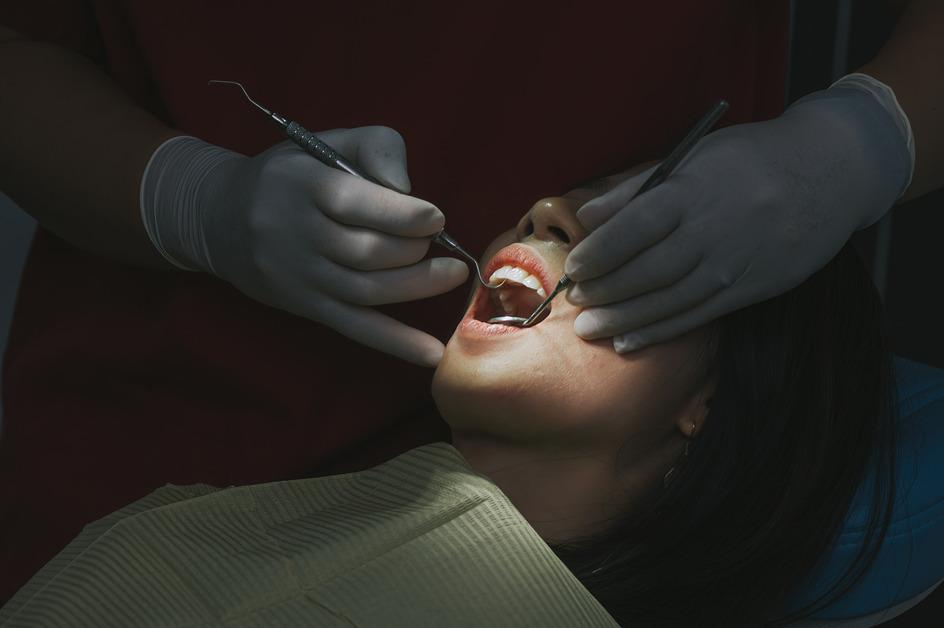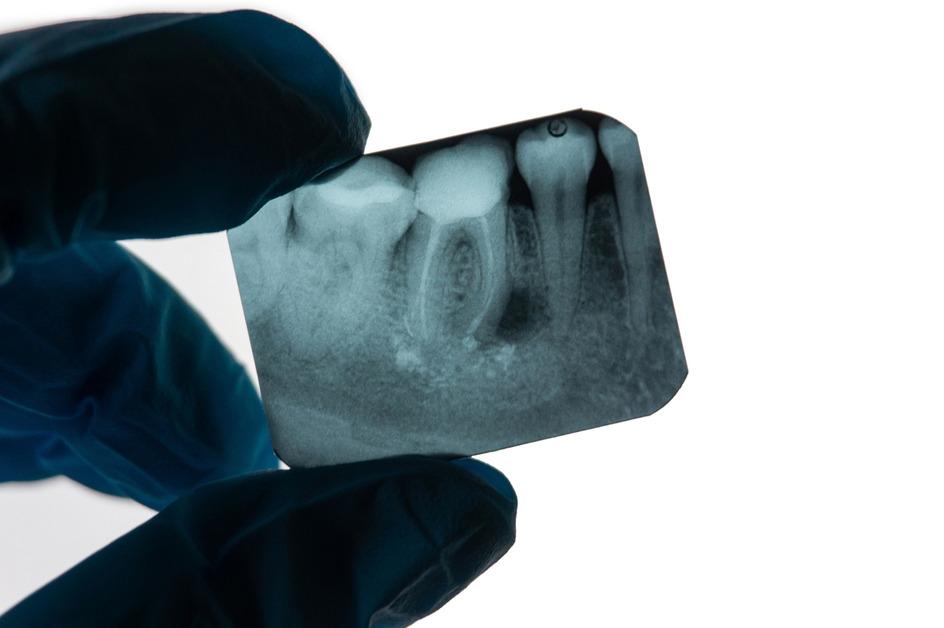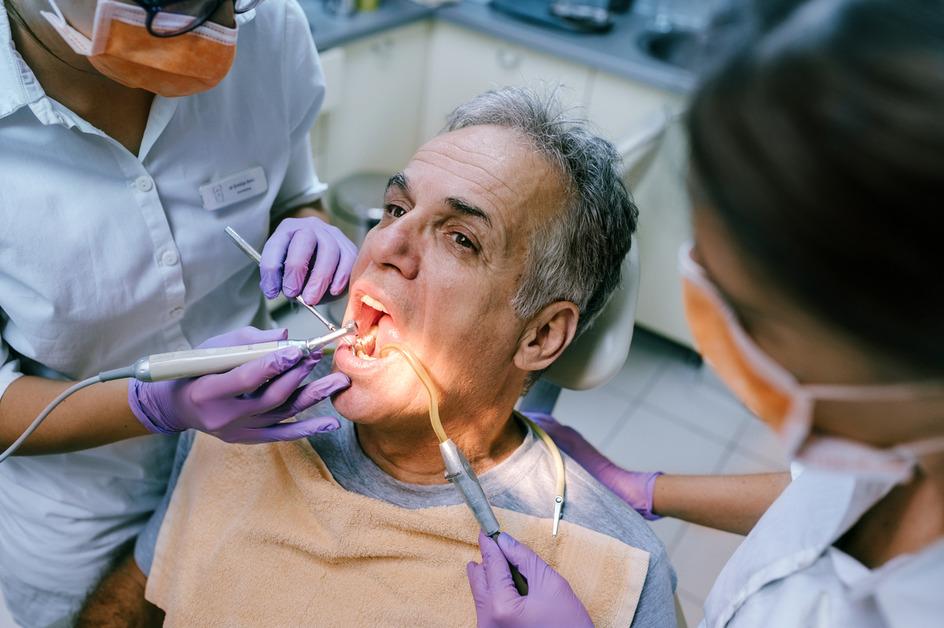If you are avoiding a root canal at all costs, you could be doing more harm than good for your mouth. Here’s what you should know.
Mar. 13 2024, Published 3:18 p.m. ET

If you are intimidated by the idea of a root canal, you are in good company, as many patients are nervous to get the procedure. However, you will be happy to know that root canals have been performed safely for centuries, and often help people avoid having to extract a tooth entirely.
Article continues below advertisement
With that being said, there is still some disagreement among dentists about how root canals affect the body, as some dentists believe root canals could be bad for you in certain ways. Read on for insight into the procedure.

Article continues below advertisement
Are root canals bad for you?
Root canals are a popular procedure to treat a tooth pulp infection, and they are generally considered safe. However, there is some mixed information out there about whether they can be bad for you.
During a root canal, the dentist removes the infected pulp in the tooth, which includes the nerves, tissues, and blood vessels. After this, they clean the inside of the tooth and seal it with a filling to keep bacteria out. Most people opt for root canals to remove an infection before it spreads, per Cleveland Clinic.
This is typically seen as a good thing, as it helps relieve the pain of an aching tooth, and is usually the only alternative to getting the tooth removed.
Article continues below advertisement
According to Northwest Arkansas Endodontic Specialists, “There is no valid, scientific evidence linking root canal-treated teeth and disease elsewhere in the body.” The practice also states that root canals are “safe and effective,” as well as designed to destroy bacteria and keep your natural tooth in your mouth.

Article continues below advertisement
However, some dentists believe root canals have drawbacks, and try to avoid performing the procedure.
To learn more about the skepticism around root canals, we talked to leading biological dentist, author, and founder of DNA Health & Aesthetics, Dr. Dominik Nischwitz, who runs a leading holistic dental practice in Germany.
“Root canals are initially an acute pain treatment and that is when they are needed — to get the patient out of massive pain and get relief,” Dr. Nischwitz tells Green Matters in an email. “However, in my humble opinion, root canals are not a good idea as a long-term solution because I believe it’s never a good idea to leave a dead body part in the body.” (A tooth is typically rendered dead after a root canal is performed on it.)
Article continues below advertisement
Dr. Nischwitz also expresses concern about the possibility of bacteria spreading after a root canal.
He tells Green Matters exclusively: “The research is quite clear that a healthy pulp has an immune system to defend microbes. Now, without the immune system, the tooth with its wide tubule system becomes the perfect cave for anaerobic bacteria.”
If the tooth does show signs of infection after a root canal, it’s important to see your dentist right away; if left untreated, the infection could spread into the body, per Putney Dental Care. But fortunately, a tooth infection following a root canal treatment is uncommon, according to East Cost Endontics.
Instead of a root canal, Dr. Nischwitz’s practice recommends extracting the tooth, and replacing it with a ceramic implant. However, there are still risks associated with getting a tooth extracted, including a dry socket, injury to the nerve, and bite collapse, as noted by Medical News.
Additionally, ceramic tooth implants are typically considered cosmetic and not covered by insurance, and one can cost up to around $8,000. Meanwhile, root canals are usually covered by insurance, and for those not using insurance, the cost of a root canal is typically less than $2,000.
Article continues below advertisement

Why do root canals have a bad reputation?
Root canals have a bad reputation because most people equate the procedure to extreme pain and suffering, but that’s usually not the case.
According to the University of Pennsylvania School of Dental Medicine, root canals have been performed for approximately 2,000 years, meaning they probably originated as a pretty painful treatment. However, with modern dental technology and anesthesia, root canal procedures are at most mildly uncomfortable.
Article continues below advertisement
Some people also worry that root canal treatment can lead to more bacterial infections and illnesses. According to Valley Ridge Dental Centre, this idea comes from a 1920s researcher Dr. Weston A. Price, who believed that bacteria could leak from the tooth to the rest of the body. His research is largely considered false among most dentists.
And again, as mentioned above, tooth infections after a root canal are rare.

Article continues below advertisement
Can root canals cause problems years later?
According to Dr. Nischwitz, if a root canal becomes infected, the body might produce “low-grade silent inflammation,” which could potentially be correlated with other health issues in the body.
He believes that every patient is entitled to learn about root canal alternatives and any potential risks before undergoing treatment. So if your doctor recommends a root canal, make sure to discuss your options and ask questions.



